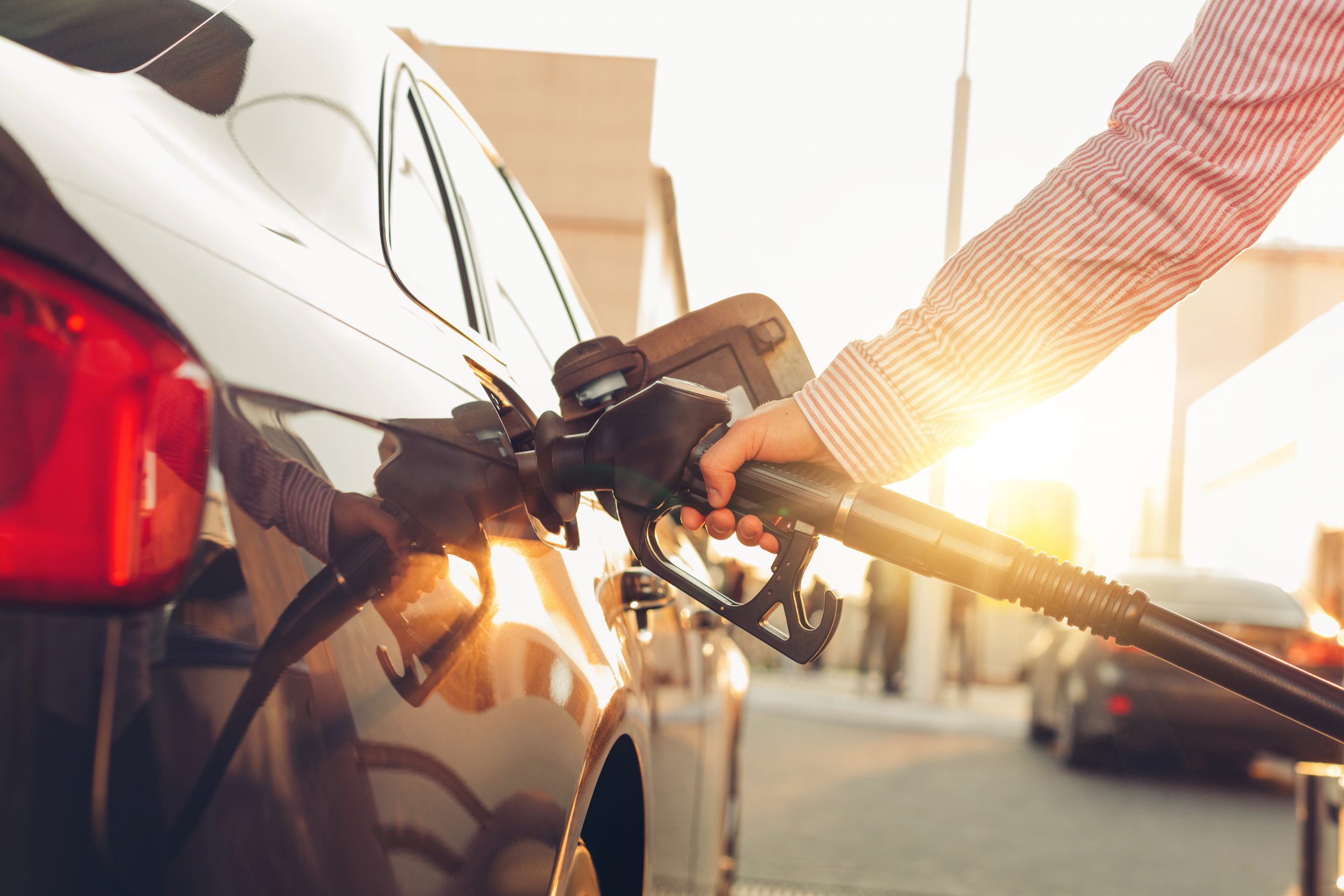
Australia increasingly reliant on imports to meet fuel demand


Fuel security remains an issue for Australia, with the nation becoming increasingly reliant on imports, at a time of high international energy prices.
The latest Australian Petroleum Statistics show Australia’s crude oil production was about 44.5 million barrels in the 2021-22 financial year, materially down from about 108.4 million barrels of crude produced in the 2010-11 financial year.
Australia is heavily reliant on imported oil and the gap between domestic supply and demand continues to grow, highlighting the importance of shoring up near-term supply.
The Bedout sub-basin, offshore Western Australia, can play a significant role in providing fuel security for Australia, particularly at a time of global supply disruptions and rising geopolitical tensions.
Carnarvon’s planned Dorado oilfield development in the basin looks to tap a gross 2C contingent resource of 160 million barrels of oil and condensate, while the nearby Pavo resource is estimated to hold a further 43 million barrels of liquids.
There is also plenty of running room in the basin, with Carnarvon holding an inventory of more than 100 prospects across its acreage in the Bedout.
This has been further highlighted by the recent prospective resource upgrade across the top 20 prospects, which are estimated to hold more than 1.5 billion barrels of oil equivalent, on a combined gross mean basis.
While any exploration success will add much needed barrels to Australia’s petroleum reserves, it does not address all aspects of fuel security, particularly as it is juggled with the energy transition.
The closure of a number of Australian refineries has seen the amount of fuel produced domestically rapidly decline, perhaps most noticeably in relation to diesel and jet fuel.
In the 2021-22 financial year, Australian refineries produced about 36.3 million barrels of diesel, well below the 81.1 million barrels produced in the 2010-11 financial year.
The risk to our nation’s future fuel security is further highlighted by the fact Australia only had about 18 days of diesel consumption cover in July this year.
Diesel fuel security is vital for a range of sectors across the Australian economy, including mining, agriculture and transport.
Perhaps more startling is the decline of jet fuel production in Australia over the past decade, falling from nearly 34.3 million barrels in the 2010-11 financial year, to just 5.3 million barrels in the most recent financial year.
This is why Carnarvon is pursuing renewable diesel as part of its wider business strategy, which addresses the dual challenge of ensuring Australia’s future energy supply, while offering near-term emission reductions.